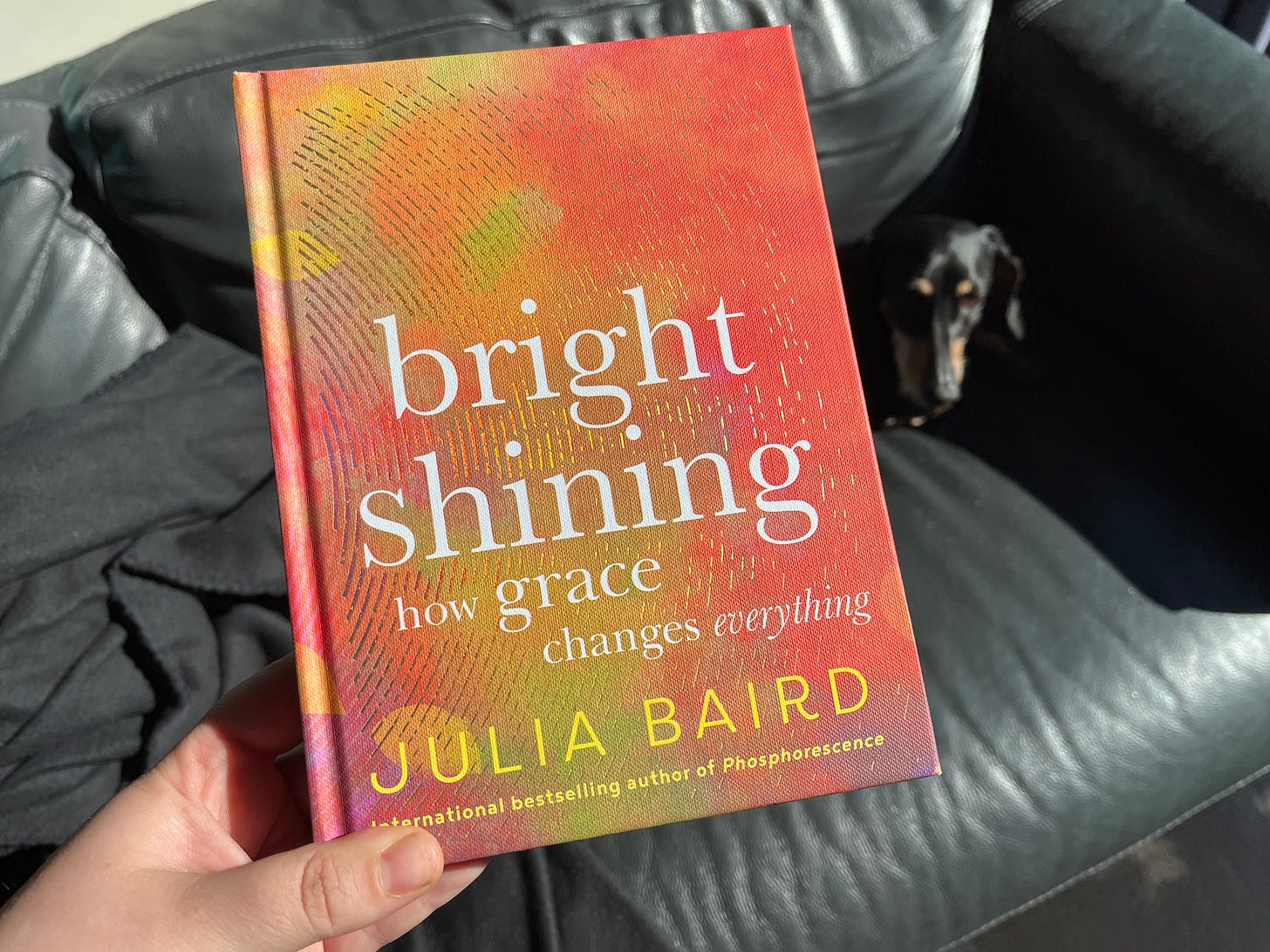I have been visited this week by a creative collaborator - a piece of work that has asked me to make it. The work is a piece called The Waiting Room, about experiences of medical limbo. It’s asked before - in fact I’ve written the songs for it - but I didn’t pay it enough attention and it left. Now it is back, and I am pleased for the company of my friend.
I never used to talk like this, by the way. I’m a science girl: give me your peer-reviewed studies. But no-one does peer-reviewed studies about the subjective experience of feeling moved to create something (I assume). So, as the scientist of one that I am, I instead observe my own experience and go with it. Plus, Liz Gilbert wrote in her book Big Magic about this exact thing, so it’s not just me.
In writing this work, about bewildering experiences of prolonged medical distress that can only be met by medical treatment, I am wary of easy narrative, specifically the idea of a hero’s journey. These are experiences where you cannot bring about your own relief, and where luck is the main character.1 On the other side, I am wary of making work that is depressing, about experiences that are terrible and carry no intrinsic meaning.
Don’t worry, everyone - I’m doing it anyway - but I’m wary.
With that background, I was so pleased to be reminded by Julia Baird, in her book about grace and the nature of humanity, that suffering often does not always have the self-development value, or any kind of silver lining, that so much of our culture wished it did. And, for anyone who has been in that metaphorical waiting room, there is value in being honest about that (and finding that honesty in art).
Here she writes about the difference between her first surgery for cancer, and her fourth:
“I eventually considered my first surgery, to my surprise, to be an enormous gift, despite the shock and the pain. It changed the way I worked, parented, played and wrote. I lived with an urgency. I even embraced impermanence. I knew that what I had experienced had been profound.
But by the time of my fourth surgery - actually, earlier - I was definitely over it. This cancer kept coming back. I had had enough of depth, enough of suffering, and instead yearned for frivolity, nonsense and abandonment.”
And later:
“What has pain taught me? I hate the question actually. I’d rather be taught by, say, an English professor, an Indigenous elder, a boat skipper or a professional free diver than chronic pain.”
I love depth and learning, readers; you know this. I have even learnt most about myself from severe illness, and I’m glad I did. But I do not believe I or anyone else owes that kind of illness any gratitude that does not naturally come, and I don’t believe that any art that results has to paint a big smiley face on itself. There are better gifts, and better teachers.
May you who are in the Waiting Room right now relieve yourself of any extra burden to account for silver linings not already obvious to you.
May all of us revel in frivolity, nonsense and abandonment.
May Julia Baird like The Waiting Room when it comes out.
Until next time
Katie
It’s never the wrong time to mention that Joseph Campbell reportedly did not believe the hero’s journey applied to women, that he thought women were the prize or the inspiration of a journey and did not need to do the journey themselves. (See the criticism section of this article on Margaret Murdock’s book The Heroine’s Journey.)




